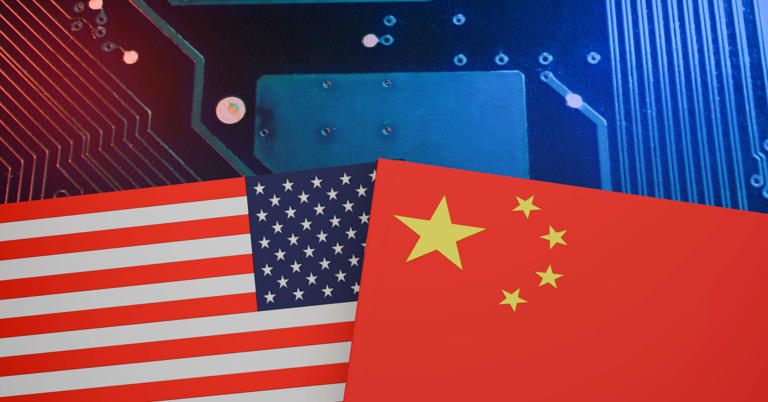
According to Winston Ma, an adjunct professor at NYU School of Law, China’s new third semiconductor fund will prioritize advanced chips for artificial intelligence (AI) and the development of the entire supply chain. Ma believes that due to the current AI boom, there will be increased emphasis on advanced computing chips and memory chips for future AI applications. Last week, China established a multibillion-dollar state-backed investment chip fund, which Ma suggests will likely focus on AI-related chips and building a comprehensive supply chain. Ma also noted that the previous funds, Fund 1 and Fund 2, primarily focused on equipment and materials related to the semiconductor industry.
According to Ma, the establishment of [Fund 3] during the AI boom will lead to increased focus on advanced computing chips and memory chips for future AI. This comes as China invests 344 billion Chinese yuan ($47.5 billion) into the National Integrated Circuit Industry Investment Fund, also known as the Big Fund, to boost its domestic semiconductor industry. The goal is to reduce reliance on foreign technology amid the escalating technology war with the U.S. In total, the three funds have raised 138.7 billion yuan in 2014, 204 billion yuan in 2019, and now the largest fund yet with 344 billion yuan.
“The importance of this capital for the Chinese semiconductor sector cannot be overstated,” stated Ma, highlighting the challenges faced by these companies in accessing global capital markets. He referred to the executive order issued by the Biden administration in August, which restricts foreign investment in China’s critical technology sectors, including semiconductor, as a contributing factor to this struggle.
Ma emphasized that this is not a choice for China, but rather a necessity. He explained that the limitations imposed by the U.S. on foreign capital flow into China’s semiconductor industry have compelled the country to take action.
In a setback to U.S. sanctions, TechInsights’ analysis of Huawei’s Mate 60 Pro smartphone revealed the presence of an advanced chip manufactured by SMIC, China’s leading chip maker. Additionally, the smartphone is reported to have 5G connectivity, which the U.S. sanctions aimed to prevent Huawei from accessing.